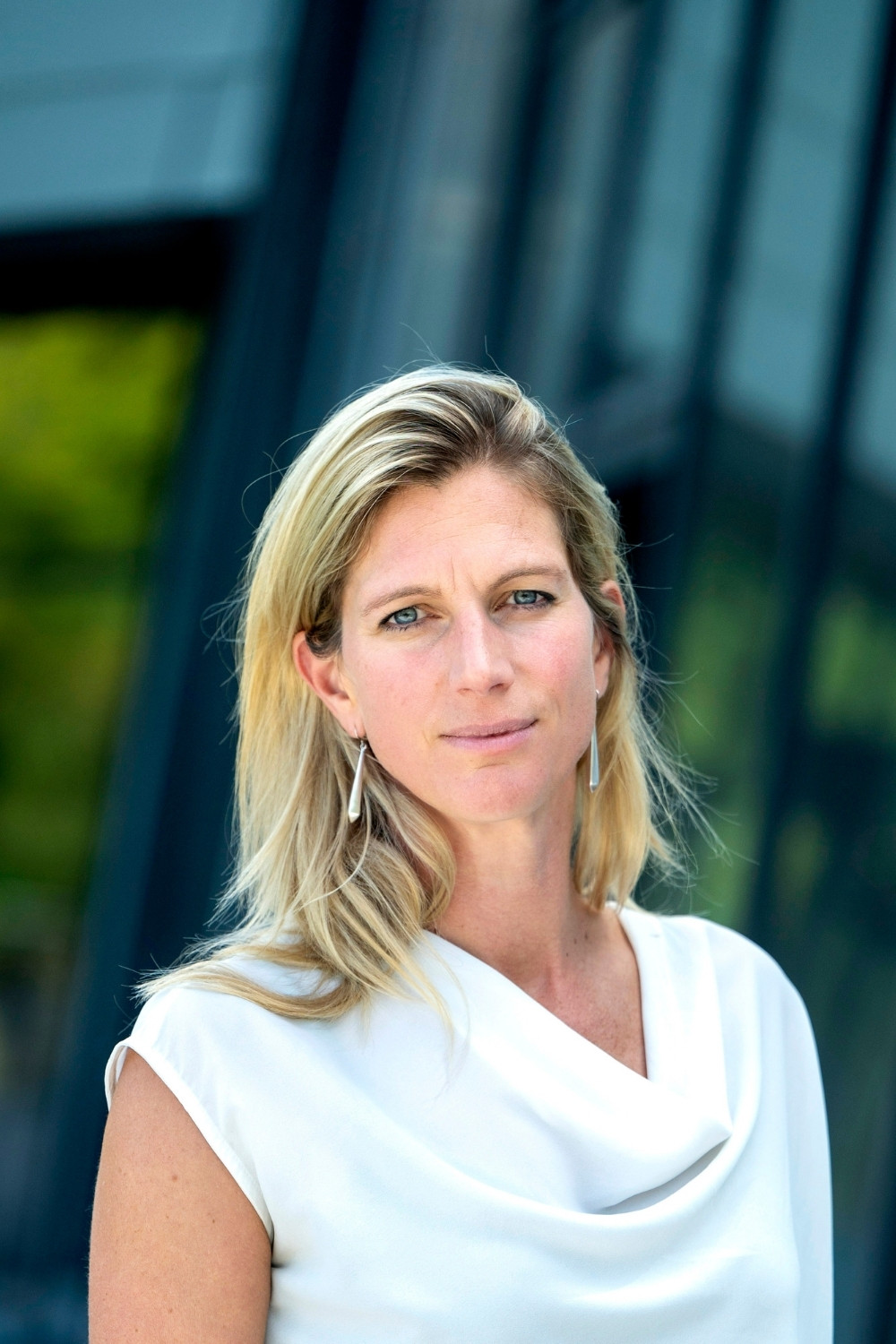
About me
My professional career has been shaped by combining theory and practice. Parallel to my diploma in media studies and PhD in political economy, I have worked with NGOs on the topics of global trade, climate change and sustainable development. The aim always was to link environmental issues with those of social justice and participation in social development. I got to know many civil society movements from all over the world as well as the corridors of power in international institutions.
realised how important legitimising stories are for shaping society and why scientific concepts should always be assessed with reference to the context they emerged in. What seemed good and meaningful in one place or at one time may not make much sense in other places and under changed circumstances.
Equipped with this view I would like to see more transparency about the value decisions and basic assumptions behind scientific models and metrics, especially in economic cost-benefit calculations. I am sure this would increase trust in the evidence behind political decisions and would shift discussions from money back to ethics.
This humanistic vision of learning societies has always motivated my academic career. It has also led me time and again into policy advice or advocacy. During my PhD in Global Political Economy, I spent time volunteering with Friends of the Earth on world trade issues, partaking in the Ministerial Meetings of the World Trade Organisation to firsthand observe how the institution that I was writing my dissertation about impacts international relations and negotiations. Upon completion I left academia for 6 years and played a leading role in setting up the World Future Council in Hamburg and Brussels. It is a network of impressive personalities from all parts of the world that works for the rights of future generations and identifies and disseminates groundbreaking policy proposals to this end. In addition to promoting governance solution for the long-term view at the level of the EU and the United Nations, we thus developed an annual Future Policy Award to honour such legislative successes.
Working in global networks around the world was not very compatible with the role of a mother, so I brought my field experience into transformation research as head of the Berlin office of the Wuppertal Institute. Systemic change approaches and in particular innovation concepts offered very good theoretical grounding for what I had learned, and I summarised the benefits of combining political economy thinking with sustainability transition concepts in a book with Springer, “The Great Mindshift” (2016). Jointly with academic partners, I developed trainings like a System Innovation Lab for energy practitioners or practice-oriented Master classes. The role of science in society, anticipation, transdisciplinarity and ethics in sustainability transformations are also the focus of my honorary professorship at Leuphana University.
Meanwhile, I became Secretary General of the Advisory Council on Global Change (WBGU) to the German Government for three years, serving at the interface between science, politics and society. It was an amazing period of intense interdisciplinary learning and appreciation of policy-making processes. At the height of the climate movement in 2019, colleagues and I founded the Scientists4Future network and since then I have become increasingly involved in science communication. The narrative non-fiction book I wrote with Marcus Jauer in 2020, “Rethinking Our World”, became the top 3 annual bestseller, which completely blew my mind and made us write another bestseller in 2022, “We Can do Better.” Both books translate the thinking I had collated in The Great Mindshift into easily accessible storytelling and the most valuable feedback I get are the many, many emails from members of our society telling me what they got inspired to do. Thank you!
In 2023, I was lucky to get generous support from two foundations to set up Mission Value, a platform for science-based story-telling and unexpected alliances that champions the benefits of a socio-ecological transformation and the importance of evidence-based argumentation in democracies.
Thus, redefining the possible and outlining opportunities through careful observation has always been my passion and permeates all my work. Even if navigating the ongoing transformations towards sustainability seems indeed a very big challenge, it will be the outcome of many determined steps of many people – people who no longer ask what is in it for them, but simply get going because it is the right thing to try.
Curriculum vitae